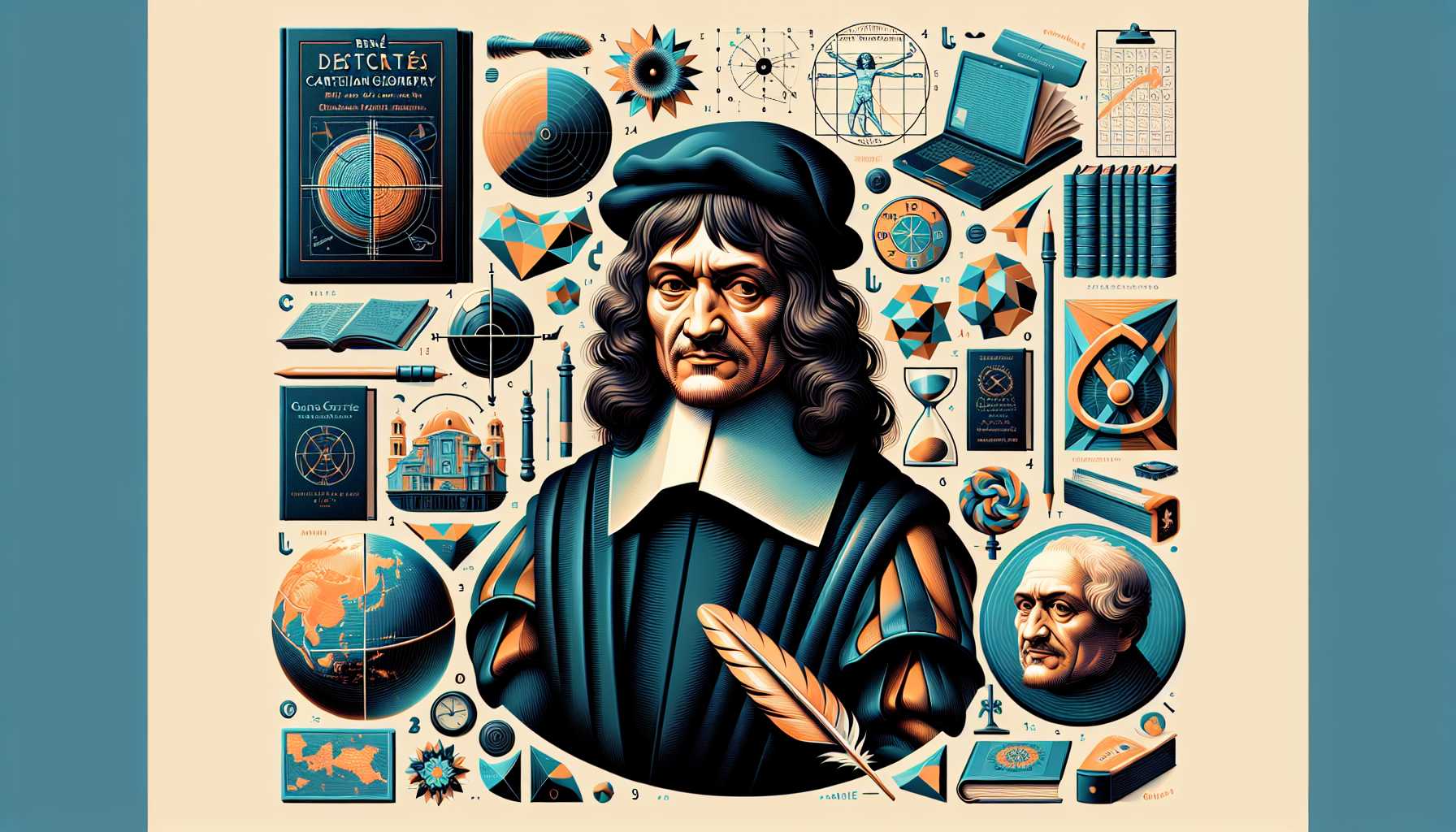
René Descartes Father of Modern Philosophy and Mathematics
René Descartes, a French philosopher, mathematician, and scientist, is often referred to as the father of modern philosophy.
瑞内·笛卡尔是一位法国哲学家、数学家和科学家,常被称为现代哲学的父亲。
Born on March 31, 1596, in La Haye en Touraine, France, he made significant contributions to various fields, particularly through his method of critical thinking and skepticism.
他于1596年3月31日出生在法国图尔的拉海,尤其通过他的批判性思维和怀疑论方法,对多个领域做出了重大贡献。
Descartes is renowned for his famous declaration, 'Cogito, ergo sum' (I think, therefore I am), which reflects his belief that the act of thinking is an undeniable proof of one's existence and the foundation of all knowledge.
笛卡尔因其著名的声明“我思故我在”而闻名,这反映了他认为思考的行为是一个人存在的无可否认的证明和所有知识的基础。
Throughout his life, Descartes sought to establish a firm foundation for the sciences based on reason and evidence.
在他的整个生命中,笛卡尔努力基于理性和证据为科学建立坚实的基础。
He developed Cartesian geometry, linking algebra and geometry, which revolutionized mathematics.
他发展了笛卡尔几何,将代数和几何相联系,彻底改变了数学。
His philosophical writings, including 'Meditations on First Philosophy,' delve into the nature of reality, the mind-body dualism, and the existence of God.
他的哲学著作,包括《第一哲学沉思》,深入探讨了现实的本质、身心二元论和上帝的存在。
Descartes argued that the mind and body are distinct entities, a concept that has had enduring influence in philosophy and psychology.
笛卡尔认为心灵和身体是不同的实体,这一概念在哲学和心理学中具有持久的影响。
Descartes' work laid the groundwork for subsequent philosophical thought and the scientific method.
笛卡尔的工作为后来的哲学思想和科学方法奠定了基础。
He faced criticism for his views but also greatly influenced later thinkers such as Spinoza and Leibniz.
他因自己的观点遭到批评,但也极大地影响了后来的思想家,如斯宾诺莎和莱布尼茨。
René Descartes passed away on February 11, 1650, in Stockholm, Sweden, but his legacy endures, shaping modern philosophy, mathematics, and science.
瑞内·笛卡尔于1650年2月11日在瑞典斯德哥尔摩去世,但他的遗产仍在延续,塑造着现代哲学、数学和科学。
Based on this article
